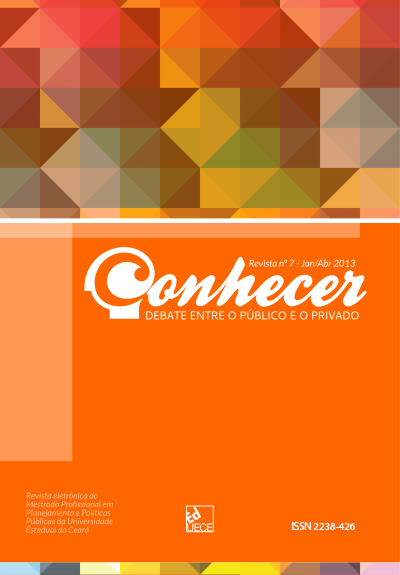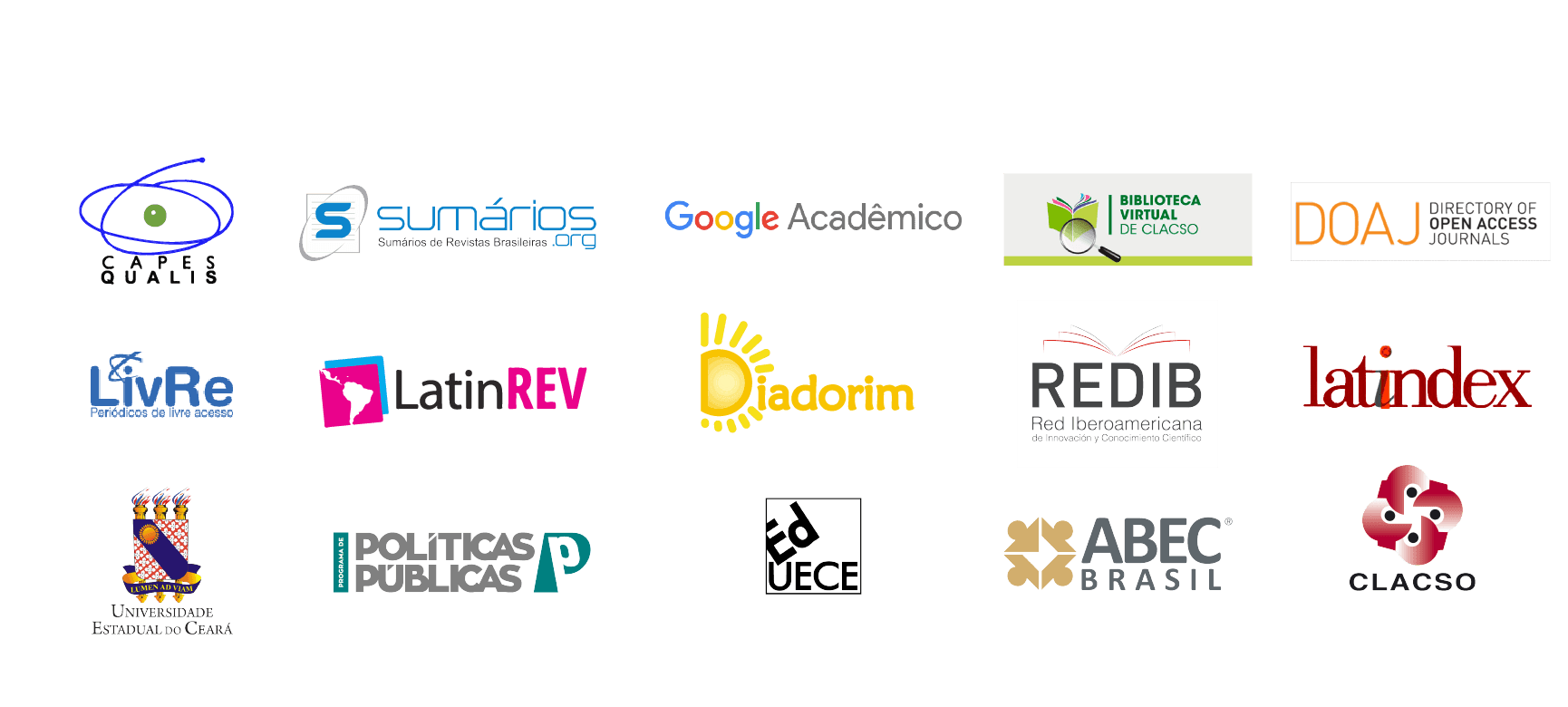The Contribution of Associations in the Productive and Social Inclusion of Waste Pickers in the Municipality of Fortaleza
Keywords:
basic sanitation, solid rubbish management, recycling, recyclable materials collectors associationAbstract
The significant increase of the number of industries and population growth of Fortaleza City, have resulted in the output of urban garbage in alarming amounts. The absence of selective collection and recycling programs, sponsored by the public authorities, do not prevent tons of trash of all kinds of recycling materials to be stored in Caucaia West Metropolitan Landfill – ASMOC (CWML). In this context the issue of recycling has become relevant in the field of public policies, because, in addition to contributing to the economy of natural resources it can also represent a cost-effective alternative for low-income families through the trade of recycling materials collected by collectors associations. It is estimated between 6 to 8 thousand garbage collectors acting in Fortaleza where the majority is not associated with. The present paper investigated the contribution of the associations to the social and economic inclusion of the recycling materials collectors in the city of Fortaleza. To achieve this goal it was selected a sample of 11 associations of trash recyclers, and 191 garbage recyclers belonging to these associations were interviewed, resulting in socio-economic profile of the associated collectors as well as the operational and technical profile of their associations. It was verified that most of the associated collectors is composed by females with average of 44 years of age, with the individual income of 42.2% of the minimum salary and the family income of 82%, having on average two people working in the family. It was also noted the various obstacles faced by organizations for inclusion in a sustainable manner in the recycling chain, mainly in relation to the production of sufficient volume and regularity of supply to meet the recycling industry. The results concluded that the associations contribute partially to social and productive inclusion of the recycling materials collectors, what requires, from the public authorities, institutional strengthening programs and the implementation of selective recycling projects directly in the original source, with destination focused in the associations.
Downloads
Downloads
Published
How to Cite
Issue
Section
License
Authors who publish in this journal agree with the following terms:
- Authors retain the copyright and grant the journal the right of first publication, and the study is simultaneously licensed under the Creative Commons Attribution License, which allows sharing the study by acknowledging authorship and initial publication in this journal.



